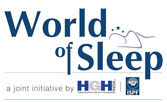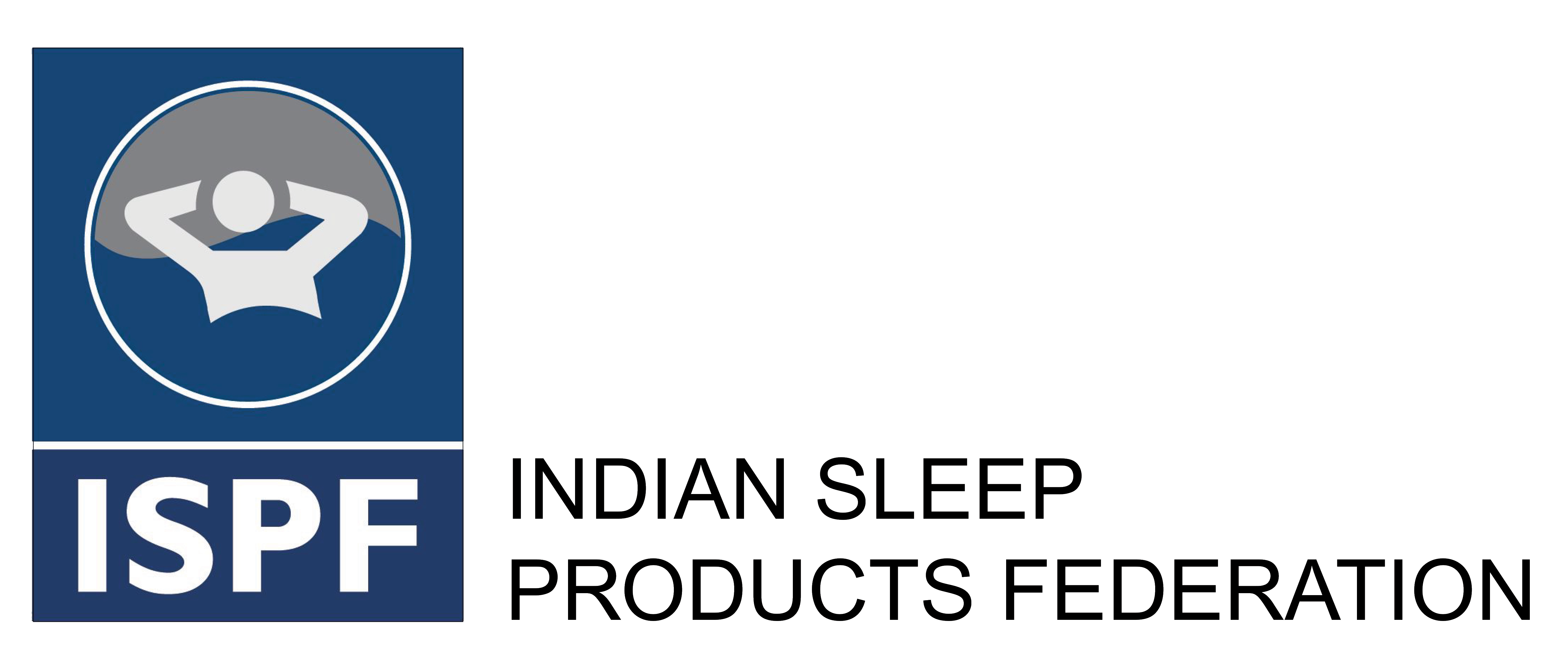
Habits that Help or Hinder Sleep
Do not sip caffeine before bedtime. Do not dip into blue light. Do not eat this. Do eat that. We all have grown up listening to advice on sleep from all corners. But it’s always good to catch up on what’s the latest word out there.
Significantly sleep disorders are almost shaping into an epidemic.
Not sleeping enough is serious, very serious
If you feel good about being able to pull through a hectic week without those grandma-and-doctor-prescribed eight hours of sleep, then you should hear what scientists and sleep investigators are finding in their hunts.
A recent study (by Qiao He and her team from China Medical University) has linked the risk of heart attacks and strokes to insomnia. Any difficulty in initiating sleep, difficulty maintaining sleep, or non-restorative sleep have been observed to be connected to 27 percent, 11 percent, and 18 percent higher risks of cardiovascular and stroke events, respectively.
To this list, you can safely add other risk-propensities like effects on metabolism, blood pressure changes, Alzheimer’s, type-2 diabetes, obesity, depression and jumps in sympathetic activation too. Researchers at the University of California-Berkeley have also uncovered a link between age and the ability to get truly restful sleep.
Dr Dieter Riemann, the founder of the European Insomnia Network, has rightfully argued that with a rise in working-everywhere jobs, home offices as well as email making their way inside homes and beds, the culture of 24/7 availability – we are having more strain in daily lives than we ever had. He contends well, “It’s much harder to relax, to wind down, to shut out disturbing thoughts and having a lot on your mind can interfere with how well you sleep.”
So what can you do to make sure you sleep well and without distractions, interruptions and sleep-party-poopers– both visible and invisible ones? Turns out, you can do a lot more than just keep away from a late-night coffee or beer.
The answers lie in everything from psychiatric or medical conditions, and unhealthy sleep habits, to specific substances, habits and rhythms. And some me-time. One that is truly ‘me’.
Sleep-Divorces
It is not just a new fad. People are actually trying the idea of sleeping with separate blankets, in separate beds or even in different rooms so that the suffering of sleeping with someone who snores, kicks, sleeps late or prefers a different AC tuning – all that can be solved amicably.
In a study of 2,000 American adults, Slumber Cloud found that half of the respondents had partners who snored too loud, and a third of them were found fighting for covers. In fact, one in five men used to wake up with their partner’s hair in their face. Half of the respondents preferred to sleep alone than sleep in the same bed as their partners.
That explains why walking away with your own pillow and sheet is not a fight scene anymore but quite the opposite of that.
Sleep Timings
Sleeping late, per se, may be a choice but the way it affects one’s diet and habits leads back to the age-old adage – Early to bed and early to rise. Some researchers have uncovered how an increased risk of ill health in people who are night owls plays out due to erratic eating patterns and consumption of more unhealthy foods.
In the study led by Dr Suzana Almoosawi from Northumbria University, the UK and Dr Leonidas Karagounis, Nestle Health Science in Switzerland, it was seen that people with the evening chronotype, i.e. the ones with a natural preference for evenings, consistently reported more erratic eating-patterns, breakfast-skips, more caffeinated drinks, sugar intake and late-meals.
Plus, having regular sleep patterns helps with a good night’s sleep by relieving the body’s work for adjustments. So add some rules and rituals that bring regularity and sleepiness to your bed.
Also, make sure that you are sleepy. Because being exhausted does not mean you will not end up counting sheep. That means too much activity (screen time, binge TV, mental work) just before sleep hampers the body’s time to transition to an ideal sleep state. One should also limit afternoon naps and abnormal sleep patterns throughout the day.
Glass Half Full
Question – Does a glass of that tipsy drink help you sleep well or does the contrary?
The answer has often been tilted to the side of helping sleep but researchers from the University of Missouri (MU) School of Medicine in Columbia, MO, tried to swirl the relationship between alcohol consumption and sleep further. The prevailing view held that alcohol can aid sleep by affecting a person’s sleep homeostasis (our brain’s built-in mechanism for regulation of sleepiness and wakefulness and it is where our body uses a chemical called adenosine). The study explored the equation between these chemicals and alcohol, especially how fluctuations in adenosine can help to induce sleep but that sleep is often brittle and low-quality.
Dr Pradeep Sahota, chair of MU School of Medicine’s Department of Neurology, concluded that ‘alcohol should not be used as a sleep aid’ because of the question of quality of sleep. It can help to sleep for temporary relief but one may end up waking earlier than one ought to – because of the homeostasis factor and the diuretic characteristic of alcohol.
Social and Optical jet lag
Yes, those are proper problems. What we call ‘Social jet lag’ is actually a syndrome related to the mismatch between the body’s internal clock and the realities of our daily schedules. Look at what Michael Rust of The University of Chicago found – that humans in modern societies, at least people who used Twitter in 2013-2014, manifested biological rhythms that were somewhat disconnected from the changing hours of sunlight throughout the year.

To add to that, there is jet lag that hits our eyes. Researchers have come out with proper clues on how certain cells in the eye process ambient light and how that helps the body to reset our internal clocks (the circadian rhythm – as we know it better). Now if these cells are exposed to artificial light late into the night, this confuses and messes with our internal clocks – as per what some Salk Institute researchers peeled off in their study.
Other investigations have echoed such results on increasing nighttime levels of artificial, outdoor light exposure, and how it is linked to an increased prevalence of hypnotic prescriptions and daily dose intake. (Observed by Kyoung-bok Min, PhD, an associate professor in the Department of Occupational and Environmental Medicine at Seoul National University College of Medicine).
So, turn off that phone or laptop before you turn it in.
Sleep & Celsius
There is a reason that human bodies, in general, sleep easily in colder temperatures. The body temperature naturally cools as it enters the sleep cycle. Any temperature that is high can act as a disruption in this process. Do not take the temperature for granted and learn to find your body’s favourite zone of sleep.
What else?
According to the American Academy of Sleep Medicine, environmental factors, like excessive noise or light and extreme temperatures can disrupt the sleep of most individuals. Let go of artificial aids too. Do not take that sleeping pill as a knee-jerk answer to sleep issues: The American College of Physicians notes that they sedate the brain, instead of helping it sleep naturally.
Change that old and gnarly mattress and invest in something that will help you escape that back pain or sleepless night. Noise, midnight snacks and the ego boost of feeling productive or proud for not sleeping enough – get rid of them today – Sleep matters.
Whatever you do, remember Matthew Walker, a UC Berkeley professor of psychology and neuroscience, when he warns – “Don’t be fooled into thinking sedation is real sleep. It’s not.”
Just watch for what helps you sleep what doesn’t, and what simply sedates you.
Sleep tight. Sleep right.

